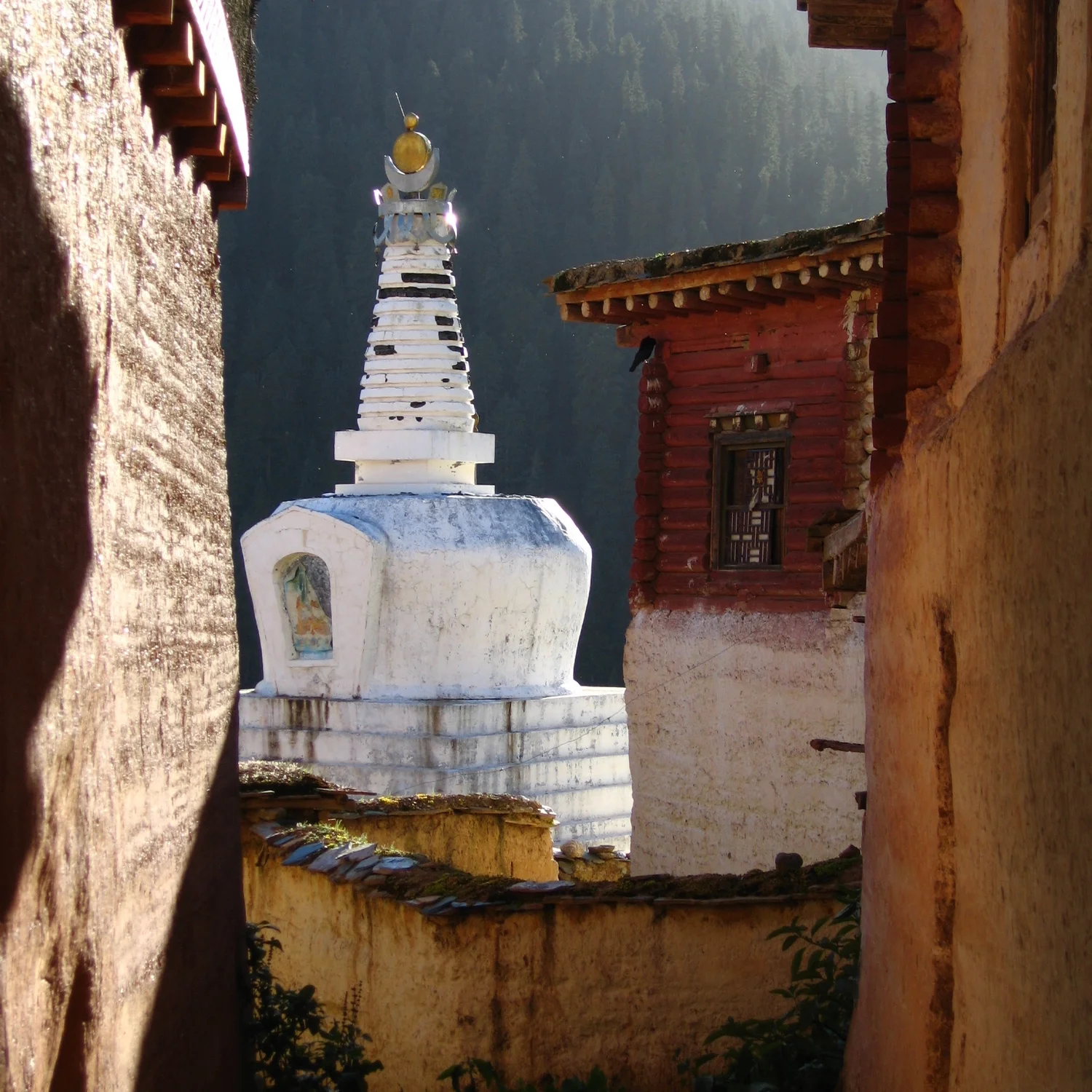by Ellen Barone
I sit tightly wedged into an economy class airline seat, braced for the long haul — a pashmina hanging from the seat back, a water bottle in the magazine flap, ear pods in the iPhone jack—when a handsome Air France steward stops to stand beside my aisle seat.
“Excuse me, madam,” he says, leaning into my view. “These two are mother and daughter,” he continues, gesturing to an elegant middle-aged woman in the row in front of me and the twenty-something blonde seated beside me. “Would you please exchange seats so that they can sit together?”


















